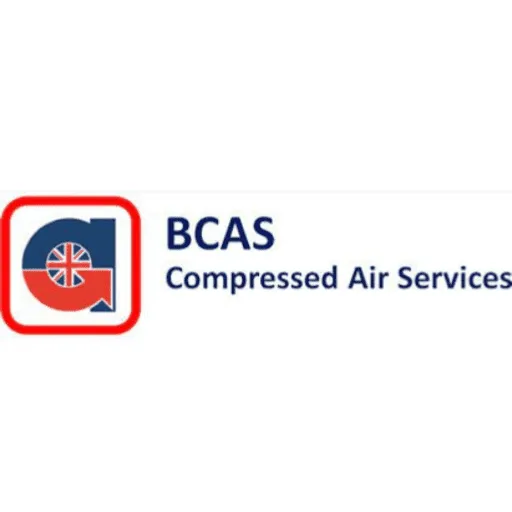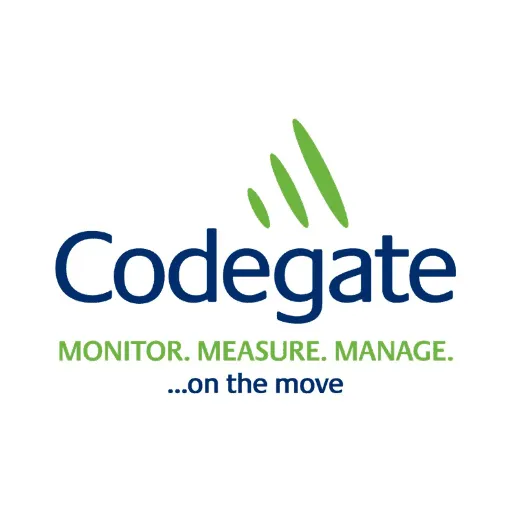 Dealing with employees’ misconduct and poor performance is a common challenge for employers. Issues such as persistent lateness, subordination, or ongoing failures to meet targets may cause you to consider taking disciplinary action against an employee. However, it’s crucial to remember that proceeding with disciplinary action without first following a fair process may leave you vulnerable to unfair dismissal proceedings. A disciplinary hearing is an integral part of a fair process, and it’s essential that you have one before making any decisions about an employee’s future. So, what is a disciplinary hearing? When should you hold one, and how should you conduct it?
Dealing with employees’ misconduct and poor performance is a common challenge for employers. Issues such as persistent lateness, subordination, or ongoing failures to meet targets may cause you to consider taking disciplinary action against an employee. However, it’s crucial to remember that proceeding with disciplinary action without first following a fair process may leave you vulnerable to unfair dismissal proceedings. A disciplinary hearing is an integral part of a fair process, and it’s essential that you have one before making any decisions about an employee’s future. So, what is a disciplinary hearing? When should you hold one, and how should you conduct it?
Here, our HR specialists explain what a disciplinary hearing is and the processes involved.
Call us now on 01491 598 600 or email us on cw@gaphr.co.uk and we will be delighted to help you.
What Is Disciplinary Action?
Disciplinary action is action taken by an employer to address a conduct or performance matter involving an employee. Common conduct issues include bullying, harassment, insubordination, lateness, and unauthorised absences. Poor employee performance can sometimes constitute a disciplinary issue, but usually only after the employee has been given an opportunity to improve, for example, by being offered additional training.
What Is A Disciplinary Hearing’s Purpose?
A disciplinary hearing is not just a forum for you, as the employer, to investigate the issue in question. It’s also an opportunity for the employee to address the allegations against them, respond to any evidence and witness statements you have collated, and present their own evidence in support of their position. Following a disciplinary hearing, you should be in a position to make an informed decision about the outcome of the matter.
What Should You Do Before A Disciplinary Hearing?
You should not hold a disciplinary hearing in isolation. Instead, it should be part of an overall disciplinary process involving the following steps:
- Investigate the matter.
- Meet with the employee for an initial discussion about the issue. This meeting is not the disciplinary hearing but is merely part of your initial investigations.
- Give the employee formal notification of the matter in writing and tell them when and where the disciplinary hearing will be held – you must give at least three working days’ notice.
- Hold the disciplinary hearing.
- Make a decision on the outcome of the issue (not on the same day as the hearing).
- Consider the employee’s appeal if they make one.
- Make a final decision.
- Communicate your final decision to the employee in writing.
What Is A Disciplinary Hearing’s Structure?
There is no set structure you must follow when holding a disciplinary hearing. However, the ACAS Code of Practice on Disciplinary and Grievance Procedures sets out each party’s rights and responsibilities during the hearing. They are as follows:
During the disciplinary hearing, you should:
- Clearly explain what conduct or performance issue led to you initiating a disciplinary process against the employee
- Take the employee through the evidence you have gathered
- Record the meeting on your phone so it can be transcribed. Let the employee record it as well
You must give the employee an opportunity to:
- Present their case
- Answer the allegations against them
- Ask any questions
- Show any evidence they consider supports their position
- Ask for further investigation with witnesses to support their version of events
- Respond to your witnesses’ evidence
You must conduct the disciplinary hearing fairly and in accordance with the ACAS guidelines, as well as your own internal processes. You should seek to facilitate constructive dialogue between you and the employee and ensure they feel able to speak freely about the issue and ask any questions. If the meeting will likely take some time, you might consider factoring in comfort breaks to allow the employee to gather their thoughts.
What Should You Do After A Disciplinary Hearing?
Following the disciplinary hearing, you should take your time to reach a fair and balanced decision on the outcome of the matter. You should communicate your decision to the employee and offer them the right to appeal. An employee may appeal a disciplinary decision on the following grounds:
- Your decision is too severe
- Your disciplinary process was unfair
- You have dismissed them unfairly
- They have collected new evidence which will impact the outcome of the matter
If your employee appeals, you must reconsider the issue, taking into account the points they have made. Where necessary, you should carry out a further investigation. You must have an appeal hearing. After the appeal hearing you must then communicate your final decision to the employee in writing.
Disciplinary processes can be complex, lengthy, and time-consuming. That’s why many businesses like yours rely on our HR specialists to support them in undertaking the process. With our input and guidance, you can be confident that your procedures are fair and reasonable and will comply with all relevant laws and regulations.
Call us now on 01491 598 600 or email us on cw@gaphr.co.uk and we will be delighted to help you.
























































































































